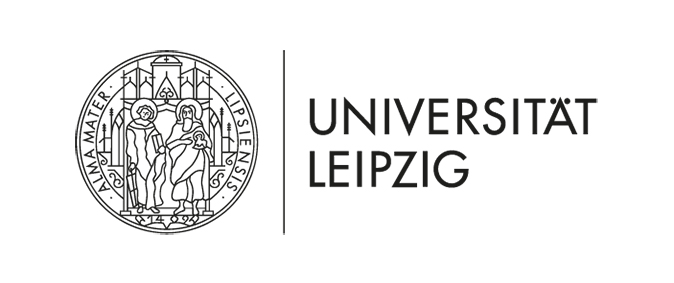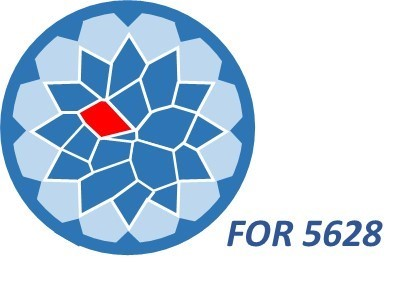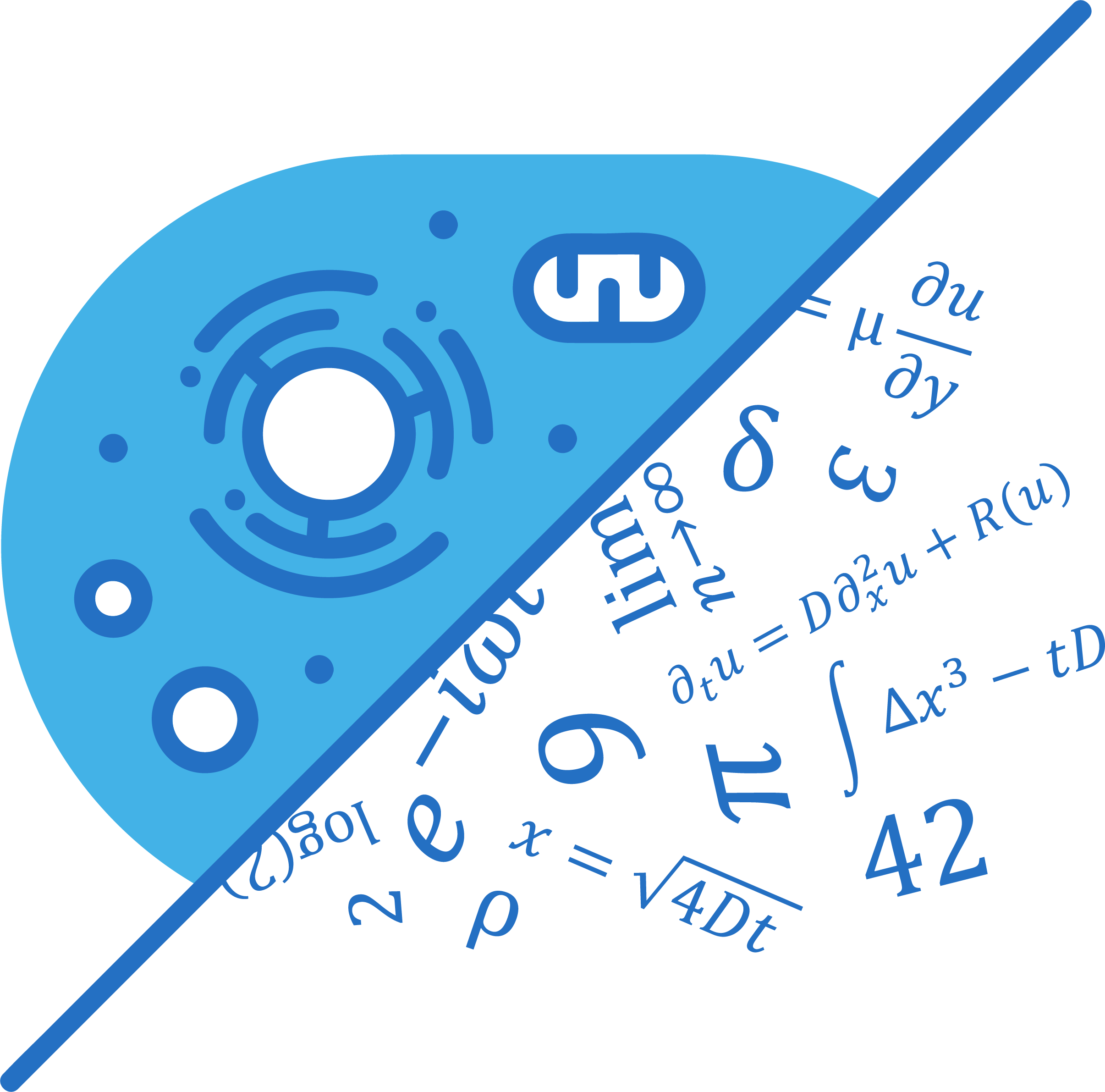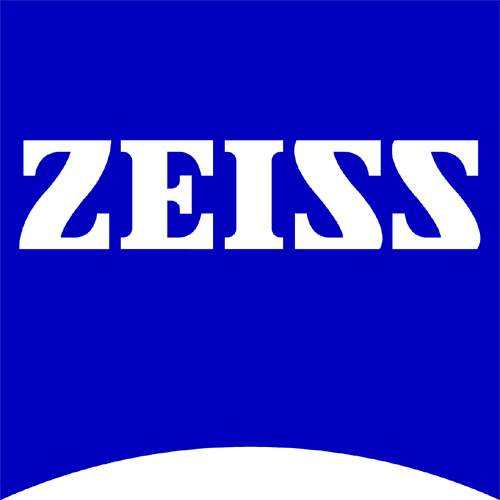|
15th Annual Symposium Physics of Cancer Leipzig, Germany Sept. 30 - Oct. 2, 2024 |
PoC - Physics of Cancer - Annual Symposium | |||||||||
|
|
Poster
Multiscale biophysical analysis of gastrointestinal cancer patient-derived organoids
Contact:
Multiscale morphological analysis of heterogeneity in gastrointestinal cancer patient-derived organoids
Clinical cancer classification systems are generally based on the histology or genetic profile of the tumours, often disregarding the physical parameters that play key roles in tumour evolution. We propose the creation of a ‘morphology atlas’, by mapping morphology of patient-derived organoids (PDOs) to patient disease progression. Since PDOs are the forefront of the precision cancer therapy field, such an atlas will be a valuable resource while making clinical decisions based on morphology, in the future. Gastrointestinal (GI) cancers such as Gastric cancer (GC) and Esophagastric Junction cancer (AEG) are becoming common and fatal malignancies worldwide. It has been observed that PDOs originating from various GI cancers show a diverse range of morphologies in culture. This is especially advantageous to our project since the morphology exhibited by PDOs may be a direct result of their genetically (and subsequently mechanically) diverse clonal populations. We study this multiscale heterogeneity using whole-mount imaging assays to quantify morphological features in 3D. We have successfully generated a 3D segmentation pipeline that can now output nuclear, single-cell and whole-PDO masks. Using the segmentation pipeline, we can devise geometrical and biophysical features and metrics to quantify both the nuclei/cells/organoids heterogeneities across different organoids coming from different patients. Moreover, we aim to relate the local features of the cells to the large-scale organoid self-organization. In particular, we find several sets of paired PDO lines (originating from the same patient), at pre-chemotherapy and post-chemotherapy time points, that exhibit intra-patient morphological heterogeneity. Using the metrics described above, we aim to understand the effects (if any) of chemotherapy on the morphology of organoids and their correlations to patient survival. |









